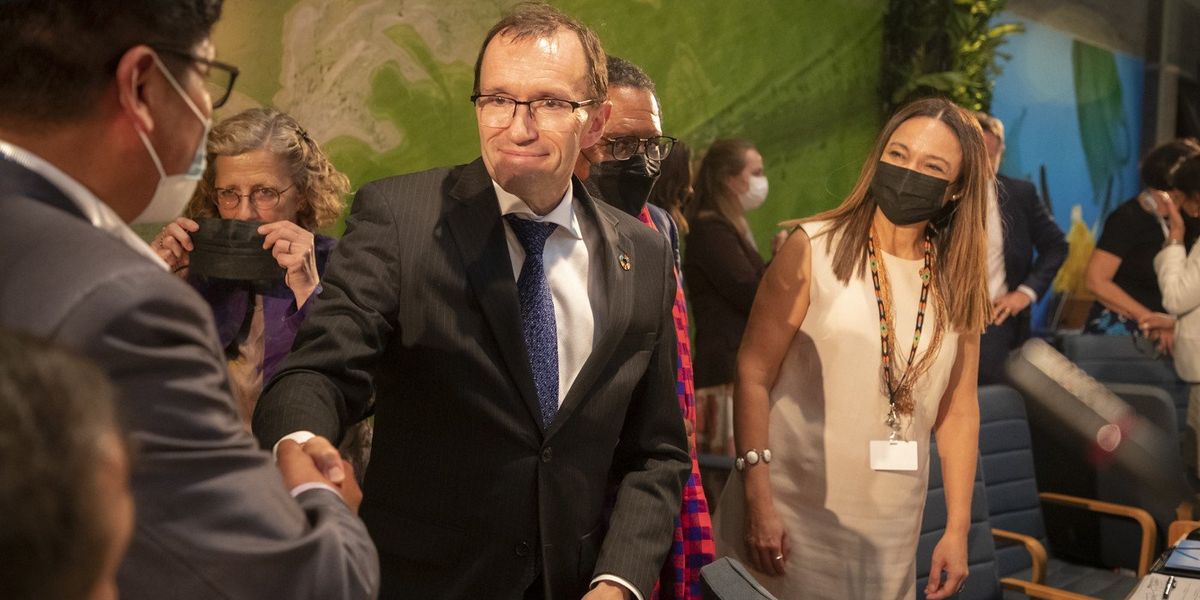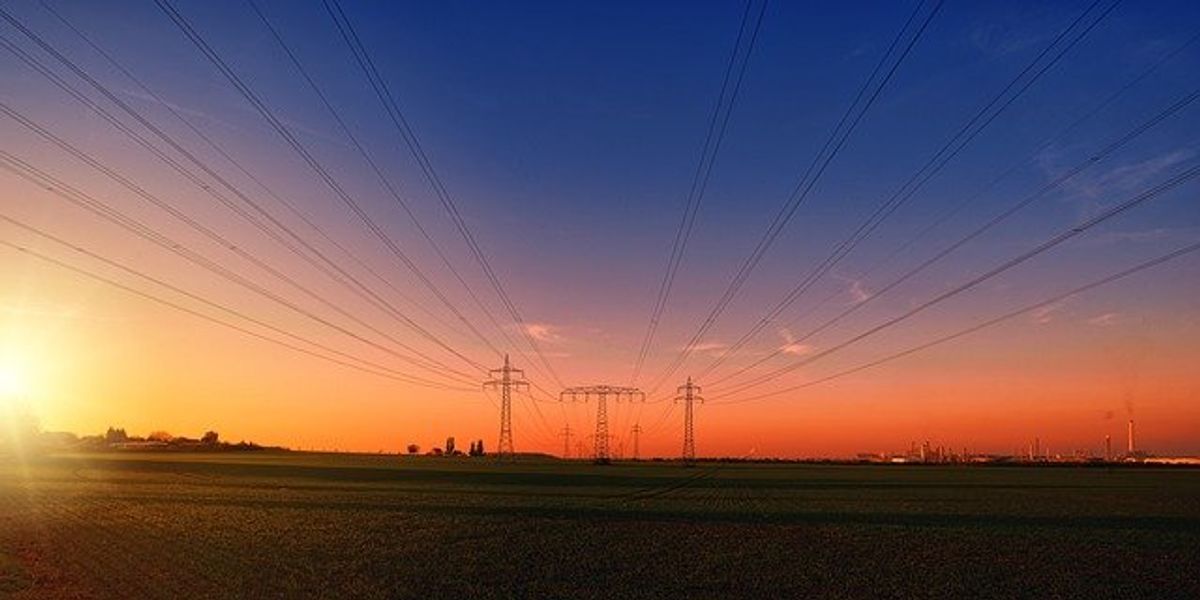
Opinion: UN plastics treaty should prioritize health and climate change
Delegates should push for a treaty that takes a full-lifecycle approach to plastic pollution.
As parties to the United Nations Environment Assembly gather this week in Paris to negotiate a first-ever Global Plastic Treaty, they have a once-in-a-generation opportunity to prevent public heath crises and mitigate climate change.
Countries should negotiate a rights-respecting treaty that fully encompasses the impacts of plastic production, use and disposal on human health and the environment.
Delegates should push for a treaty that takes a full-lifecycle approach to plastic pollution, including specific and time-bound steps to end the production of unnecessary virgin plastics, like single-use packaging, and to establish a cap on plastic production.
The treaty should also ban the use of toxic chemical additives in plastics, like the 3,200 plastic chemicals known to harm human health.
Petrochemical industry problems

Shell's new petrochemical complex in southwestern Pennsylvania.
Credit: Nate Smallwood for Environmental Health News and Sierra Magazine
Almost all plastics are made from a combination of noxious chemicals and fossil fuels: oil, gas and even coal. Communities living near plastic and petrochemicals plants are exposed to air and water pollution that contribute to high rates of cancer, respiratory diseases, and other illnesses. They are disproportionately located in low-income communities and communities of color, including on the U.S. Gulf Coast, where the chemicals in the disastrous February Ohio train-derailment were made.
Plastics are not just a threat to human health, but also a major contributor to the climate change crisis.
The petrochemical industry is rapidly becoming the largest driver of global oil consumption, projected to account for roughly half of the growth in oil demand by 2050. At its current rate of growth, petrochemical production will account for an astonishing 15% of the global carbon budget by 2050. If plastic and petrochemical production continue to increase, it will be difficult, if not impossible, to avoid the most catastrophic consequences of climate change.
The plastics plague is a relatively new problem. Since plastics became a common product in the 1950s, their popularity has skyrocketed, with global plastic production growing from 2 million metric tons in 1950 to 400 million metric tons in 2022.
As global energy systems transition away from fossil fuels, oil and gas companies are increasing investments in plastics and petrochemical production in attempts to protect their profits and continue extracting fossil fuels.
Perversely, in the midst of the climate crisis public financing of fossil fuels and petrochemicals continues to prop up the plastics sector. A recent study found that governments provided $33.4 billion to large-scale petrochemical projects from 2010 to 2020. More broadly, from 2019 to 2021, G20 countries and multilateral development banks provided at least $55 billion per year for fossil fuels.
Big polluters in attendance
Negotiations over the Global Plastic Treaty provide a key moment for countries to shift the tide away from toxic, climate-destructive plastics. For example, the High Ambition Coalition to End Plastic Pollution, a group of roughly 50 countries, is calling for the treaty to “restrain plastic consumption and production to sustainable levels,” as well as promote a circular economy that protects the environment and human health and achieves environmentally-sound management of plastic waste.
In March 2022, countries agreed to negotiate an international, legally binding mechanism on plastic pollution by the end of 2024. Next week’s convening of negotiators at UNESCO headquarters will be the second of five meetings of the International Negotiating Committee.
Unfortunately, this second round of treaty negotiations is off to a rough start. Last week, the Secretariat overseeing the treaty negotiations announced that only a small number of the registered observers – including scientists, Indigenous Peoples, and civil society groups – would be allowed into the building. This is unfortunate, as a strong plastics treaty requires that scientists, experts and impacted communities can meaningfully participate in the process. The UN should prioritize those voices over the big polluters in attendance by taking steps to increase public participation in Paris, including by providing overflow rooms from which representatives of civil society can actively participate.
While many industries are making significant, if unrealized, commitments towards renewables and away from fossil fuels, the plastics industry blithely carries on making the problem worse. To protect human health and address the climate crisis, it is imperative for governments to step up and negotiate a strong Global Plastic Treaty that respects human rights and protects our environment.














